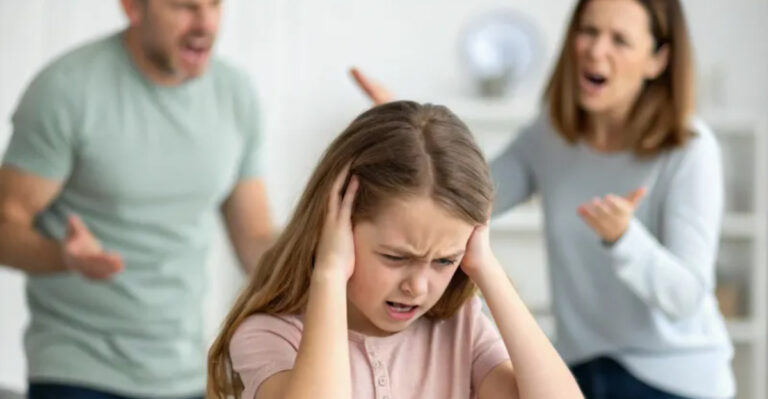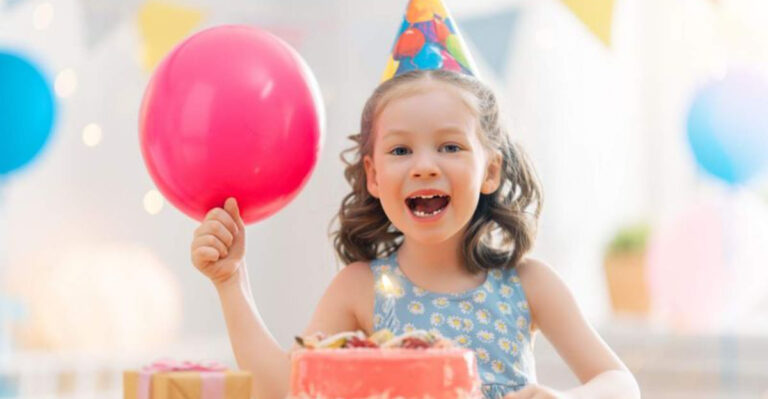15 Reasons Why The Children Of Divorce Are Not ‘Fine’
Divorce is a life-altering event, especially for the children involved. While some may say that children are resilient and can easily adapt, the reality is often more complex. This blog post explores 15 crucial reasons why children from divorced families are not as ‘fine’ as they may seem.
Through emotional and psychological lenses, we’ll uncover the hidden impacts of divorce on young minds, highlighting the subtleties of their experiences and why they deserve more understanding and support.
1. They Learned to Hide Their Feelings Early
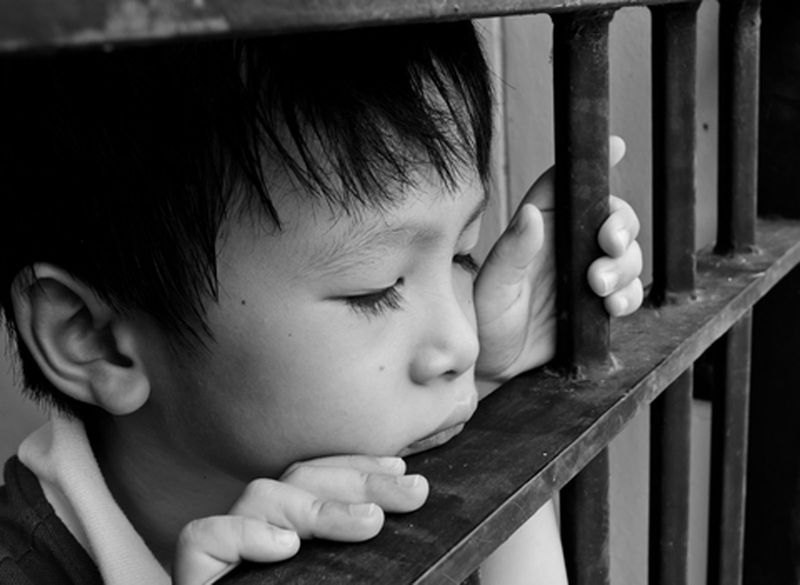
Mastering the art of concealing emotions becomes second nature for children of divorce. They quickly learn to mask their true feelings to prevent further conflict or worry others.
This emotional facade can lead to identity confusion as they grow older, unsure of how to express genuine feelings. They might believe that showing vulnerability is a weakness rather than a strength.
In their quest for peace in tumultuous environments, these children develop a complex emotional landscape, often feeling misunderstood. Encouraging them to express themselves can help dismantle these self-imposed barriers.
2. They Struggle with Trust in Adult Relationships

Trust is a foundational element of any relationship. For children of divorce, witnessing fractured family bonds can make trusting others challenging.
As they navigate relationships outside their family, they carry the fear of potential betrayal or loss. This fear often manifests as caution or withdrawal, impacting their ability to connect deeply.
Understanding that trust can be rebuilt is crucial for these children to form healthy emotional connections. With patience and reassurance, they can learn to trust again and build meaningful relationships.
3. They Often Feel Responsible for Keeping Peace

The mediator role is a heavy burden for young shoulders. Children of divorce frequently find themselves trying to maintain peace between parents, feeling responsible for everyone’s emotional well-being.
This role reversal can lead to stress and anxiety, as they prioritize others’ happiness over their own. The pressure to keep the peace can stifle their own emotional needs, leading to burnout.
Teaching these children that they are not responsible for adult conflicts is vital. Empowering them to prioritize their own feelings can help them develop healthier emotional boundaries.
4. They Became “Too Mature” Too Fast
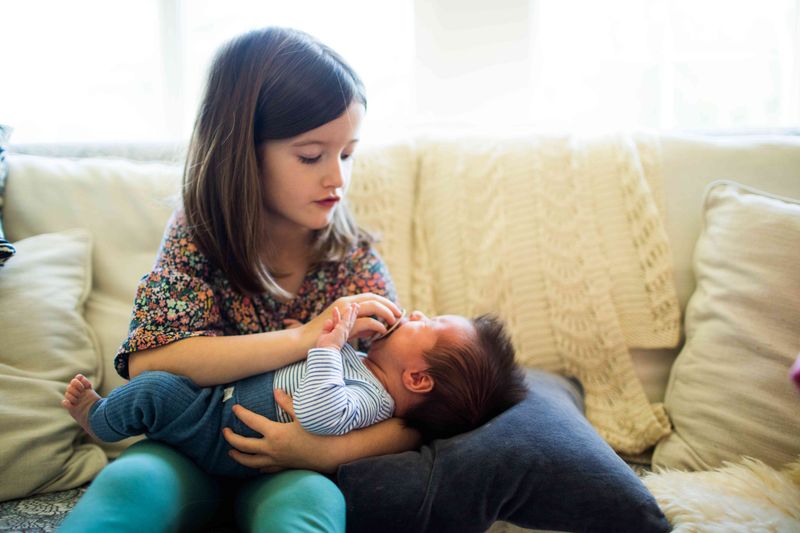
When childhood innocence is overshadowed by adult responsibilities, children of divorce often mature rapidly. They might take on caregiving roles or make decisions beyond their years.
This premature maturity can rob them of the carefree aspects of childhood, making them feel disconnected from peers. It may also lead to stress-related issues as they juggle roles designed for adults.
Supporting these children in embracing their age-appropriate experiences can nurture a balanced development. Encouraging play and child-like exploration helps reclaim a part of the childhood they often miss.
5. They Fear Abandonment, Even in Stable Relationships
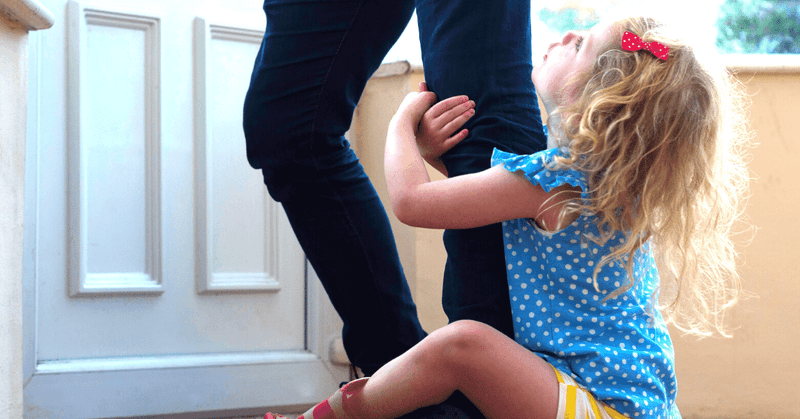
The fear of abandonment is a lingering shadow for children of divorce. Even in stable environments, the fear that someone they love might leave can be overwhelming.
This fear can manifest in clinginess or emotional withdrawal, making relationship building difficult. They might overanalyze situations, expecting the worst without reason.
Reassurance and consistency from loved ones can alleviate some of these fears, helping them to trust in the permanence of relationships. Building a strong support system is essential to overcome their abandonment anxieties.
6. They Carry Guilt for Choosing One Parent Over the Other
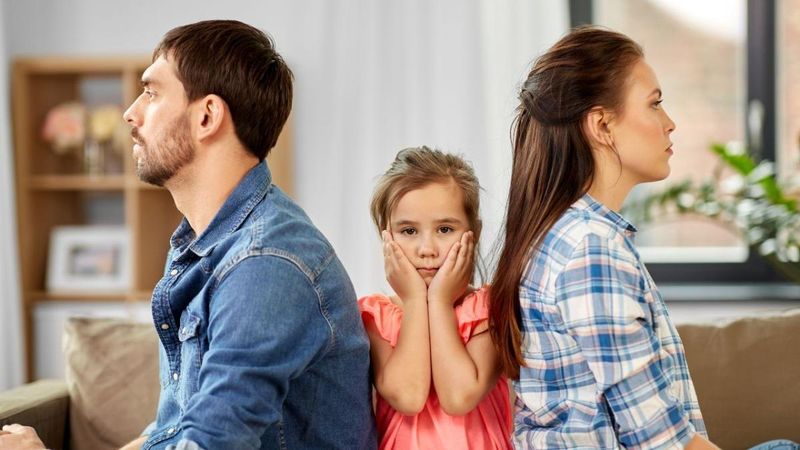
Divorce often puts children in the difficult position of choosing sides. Whether it’s deciding where to spend holidays or weekends, the guilt of favoring one parent can weigh heavily.
This guilt can foster feelings of disloyalty and anxiety, complicating their emotional landscape. They may feel responsible for ensuring both parents are happy, a task too great for young hearts.
Helping them understand that their love for both parents is valid and that they are not responsible for adult emotions is key to easing this burden.
7. They Still Hear Things They Were Never Meant to Hear
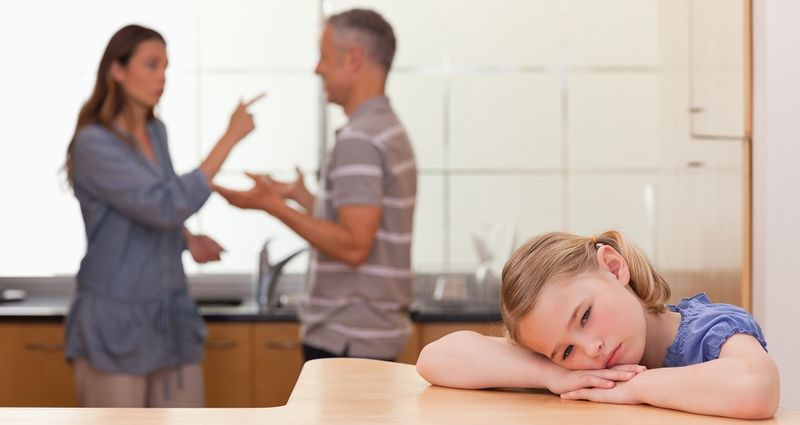
Children of divorce often become unwilling eavesdroppers to adult conversations. Hearing arguments or sensitive topics that are not meant for their ears can be confusing and distressing.
This exposure can lead to misunderstandings or the internalization of adult worries, affecting their emotional development. They might struggle with anxiety, trying to make sense of complex issues.
Protecting children from such conversations and providing age-appropriate explanations can help them feel secure and less burdened by adult problems.
See also: 30 Reasons Why Choosing A Peaceful Divorce Is Better For Kids Than Enduring A Toxic Marriage
8. They Feel Pressure to “Act Okay” for Everyone Else
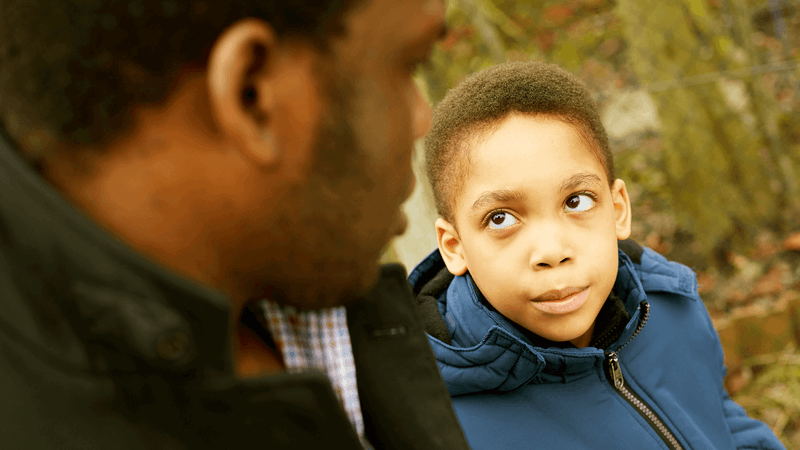
The pressure to maintain a facade of normalcy is a common theme for children of divorce. They often feel compelled to appear happy and unaffected to ease the concerns of adults around them.
This act of pretending can lead to emotional exhaustion, as they suppress their true feelings. It can also prevent them from seeking the support they need, as they feel obligated to maintain the illusion of being ‘fine’.
Encouraging open dialogue and validating their feelings can help them express their true emotions and receive the support they deserve.
9. They Struggle with Conflict Resolution Later in Life

Conflict can be daunting for those who grew up with unresolved parental disputes. Children of divorce may struggle to effectively resolve conflicts as adults, fearing escalation or rejection.
Their conflict resolution skills may be underdeveloped, leading to avoidance or aggression in arguments. They often lack models of healthy dispute resolution, impacting their relationships.
Teaching effective communication and problem-solving strategies can empower them to handle conflicts constructively, fostering healthier interactions in personal and professional spheres.
10. They Often Felt Like Messengers Between Adults

Children of divorce frequently find themselves acting as messengers, relaying information between feuding parents. This role can lead to stress and confusion, as they navigate complex adult issues.
The burden of delivering messages can lead to anxiety, as they worry about miscommunication and its consequences. It can also put them in uncomfortable situations, feeling caught in the middle.
Empowering them to step out of this role and encouraging direct communication between adults can relieve them of unnecessary stress, promoting a healthier family dynamic.
11. They Learned Love Can Be Conditional
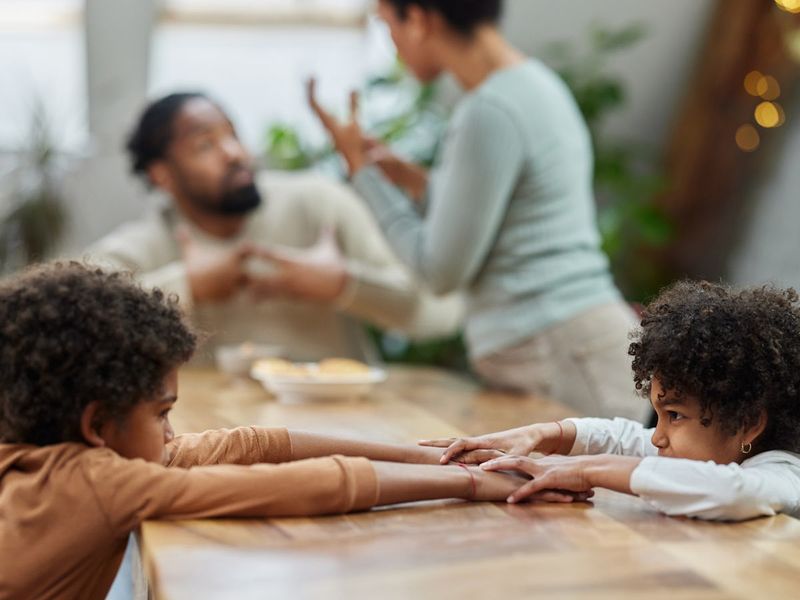
For children of divorce, witnessing parental relationships can lead to the belief that love is conditional. They may associate affection with circumstances rather than genuine emotional connection.
This perception can affect their future relationships, causing them to question the sincerity of others’ feelings. They might struggle with vulnerability, fearing that love might be withdrawn if conditions change.
Promoting unconditional love and acceptance in their lives can help reshape these beliefs, fostering healthier emotional connections and a better understanding of genuine relationships.
12. They Had to Grow Up in Split Households
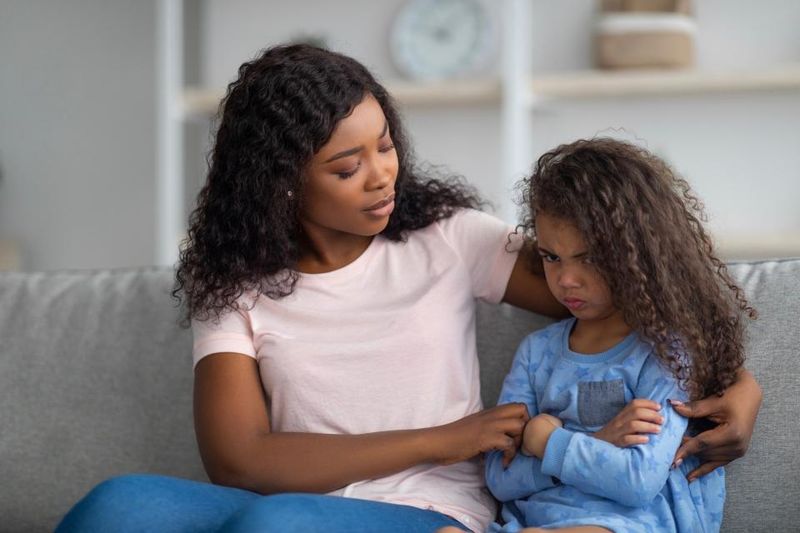
Navigating life between two households is a balancing act that children of divorce know all too well. The constant shift can create feelings of instability and a lack of belonging.
This duality can lead to identity challenges as they adapt to different environments and routines. They might also struggle with forming a sense of home, feeling like a guest in both places.
Providing consistency and clear communication can help them feel more grounded, ensuring that they find comfort and security in both homes.
13. They Feel Torn at Major Life Events

Life milestones can be bittersweet for children of divorce. Graduations, weddings, and other celebrations often bring the challenge of balancing parents’ presence and emotions.
They may feel stressed, trying to ensure both parents are comfortable, distracting them from enjoying their achievements. This pressure can lead to feelings of resentment or emotional exhaustion.
Encouraging parents to prioritize their child’s happiness over personal differences can create a more supportive environment, allowing the child to relish their special moments fully.
14. They Question What a “Healthy Relationship” Even Looks Like

Understanding what constitutes a healthy relationship can be perplexing for children of divorce. They may lack examples of stable partnerships, leading to confusion about relationship dynamics.
This uncertainty can affect their romantic and platonic relationships, as they struggle to recognize healthy patterns. They may also find it challenging to set boundaries, fearing they won’t meet expectations.
Providing education on healthy relationships and encouraging open discussions about love and connection can guide them towards forming meaningful and fulfilling bonds.
15. They Remember the Silence More Than the Shouting
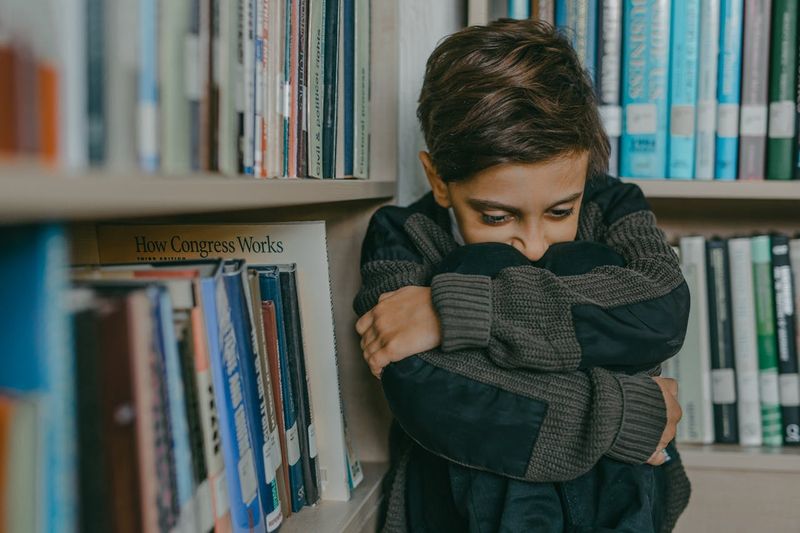
For children of divorce, the quiet moments can be just as impactful as the loud ones. Silence after conflicts or during tense times can be more haunting than the arguments themselves.
These quiet periods can leave lasting impressions, as children may feel the weight of unresolved issues. The lack of communication can foster feelings of isolation and uncertainty.
Helping them find their voice and encouraging open dialogue can break the silence, allowing them to process their emotions and move towards healing.




